Now you know your ABCs, next time give your skin its needs.
We all know vitamins are good for our health. But how many of us can tell exactly what they do, how much we should consume or what are the potential side effects of vitamin consumptions?
These pieces of information are just as important when it comes to skincare and could potentially make or break our #skincaregoals. With the evergrowing amount of products in the market that claim to be packed with beneficial vitamins, skincare education is essential to making informed decisions lest we fall into marketing traps.
That’s why we’ve taken it upon ourselves to break down the different key vitamins in skincare, their respective types and benefits as well as recommended products for each category.
Vitamin A
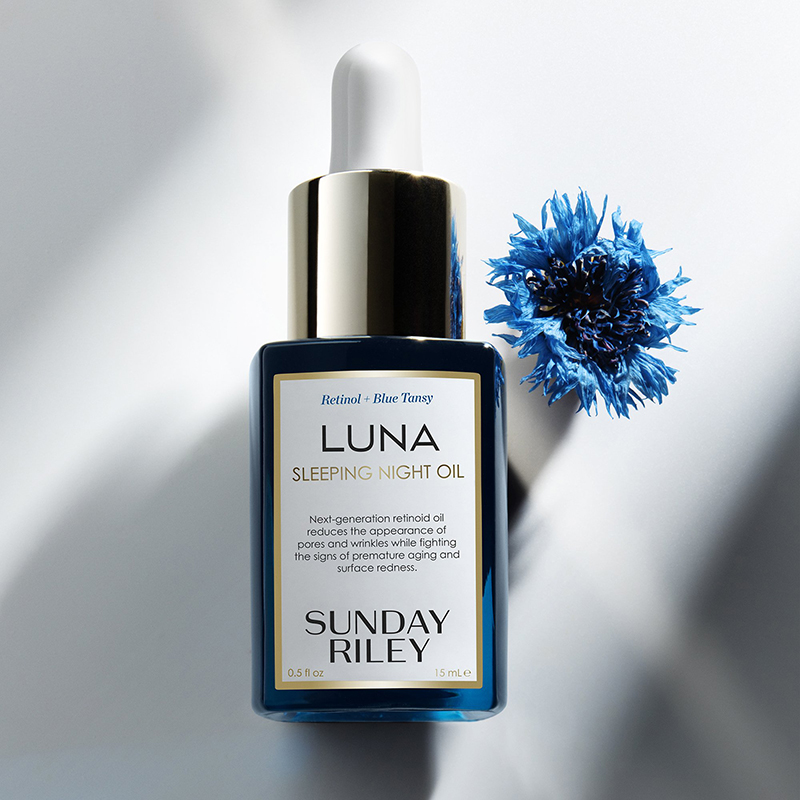
Types: The most common group of vitamin A in skincare is retinoid, which includes retinol and retinoic acid. Since retinoids are extremely irritating to the skin, retinol is the preferred over-the-counter version that offers a lower concentration of retinoid to minimise irritation. However, retinol needs to react with enzymes in the skin to convert it to retinoic acid, causing its benefits to take longer to manifest. On the other hand, Retin-A or also known as tretinoin, is more potent and ready-to-use, but can only be prescribed by a doctor/dermatologist.
Benefits: Retinoids are extensively researched and have been found to speed up cell turnover, reduce wrinkles, increase collagen production and thicken the skin’s epidermal layer. These benefits have led retinol (being the safest and most prevalent derivative) to be considered as the gold standard in anti-aging skincare. Other studies have shown that retinoids can reduce the appearance of acne and inflammation.
Side effects: All forms of retinoid, even retinol, will sensitise the skin. There may be burning, stinging, itching or peeling effects during or after application as it is a chemical exfoliant. The good news is that most people will adjust to this over time and enjoy its benefits with some patience. It is recommended to start at a lower dosage when in doubt, and work your way up to higher percentages of retinol (for topical applications) only if your skin can handle it.
Vitamin B(s)
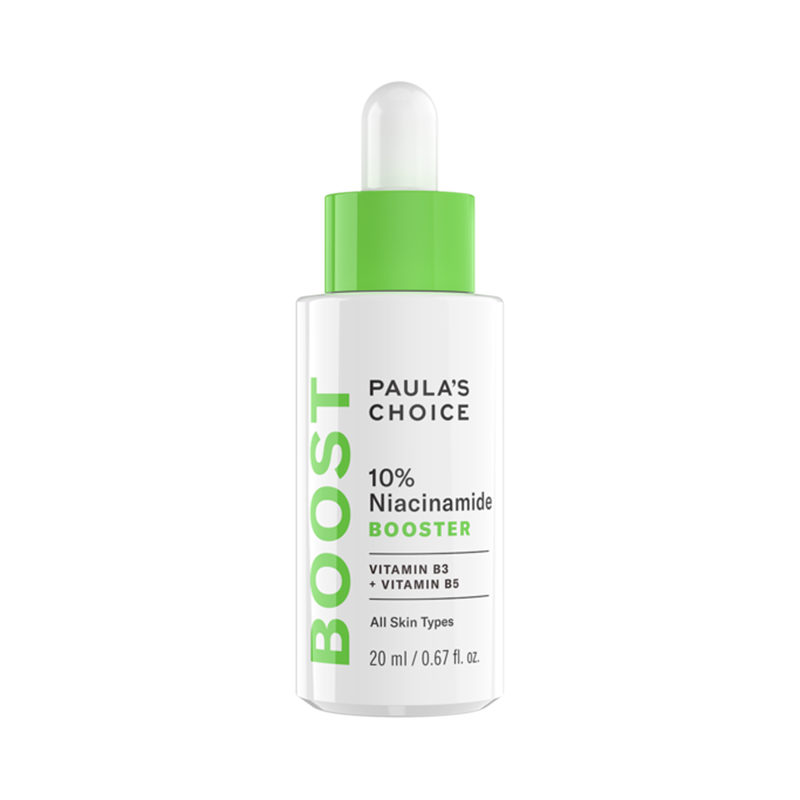
Types: There are eight known types of vitamin B, four of which can be found in skincare: B3, B5, B7 and B12. Starting with the most common (and trending ingredient among cult beauty fans), B3 aka niacin or niacinamide is a powerhouse in terms of benefits (see below) and is suitable for all skin types including sensitive skin. B5, aka panthenol, acts as a humectant which makes it a great hydrating ingredient. B7 goes by two other names, biotin or vitamin H, and is commonly found in a variety of foods as it is needed to metabolise fats, carbohydrates and proteins. Lastly, B12 or cobalamin is available mostly in animal-derived foods and functions to regulate skin pigment and the metabolism of protein.
Benefits: Niacinamide boasts a multitude of research-backed benefits including improving skin tone, diminishing scars and hyperpigmentation, reducing fine lines and dullness as well as minimising the appearance of acne and pores. Next, panthenol is proven to help the skin retain moisture and reduce transepidermal water loss (TEWL). Biotin is commonly associated with overall skin, hair and nail health, though this is supported by limited case studies. There isn’t much research done on the active skincare benefits of B12 either, despite a deficiency in this vitamin often linked to problems like hyperpigmentation, inflammation and acne blemishes.
Side effects: Generally, these four types of vitamin Bs are stable and safe for the skin.
Vitamin C
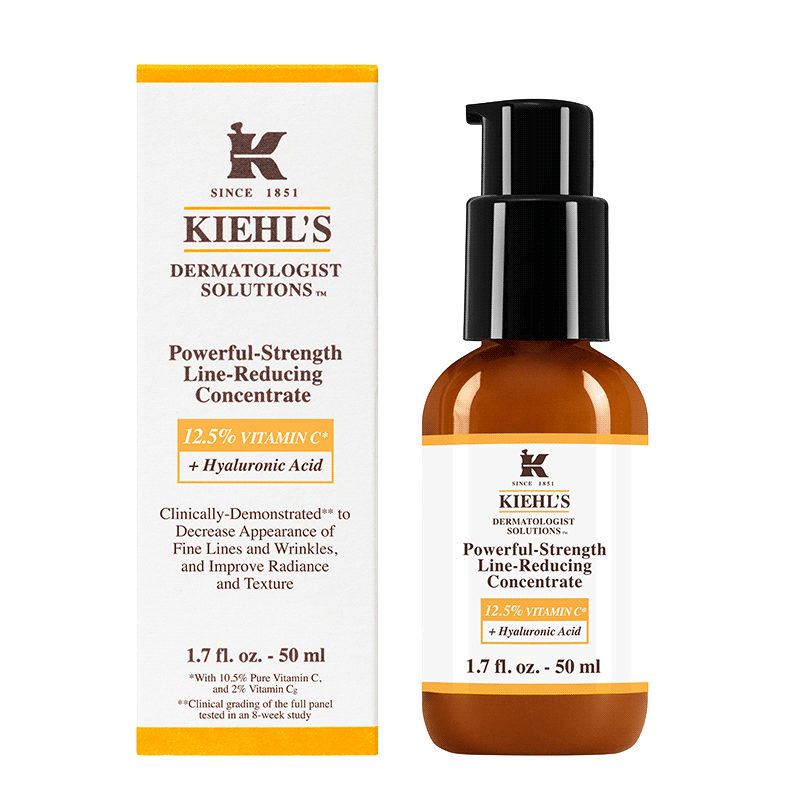
Types: Vitamin C is widely used in skincare in various forms, each differing in potency, stability and efficacy. Ascorbic acid (sometimes called L-ascorbic acid) is the purest and most highly researched version of vitamin C. It is a relatively unstable ingredient that is vulnerable when exposed to light, air and water, which will affect its efficacy. Therefore, it is important for vitamin C to be stored in air-tight tinted packaging and away from sunlight.
Benefits: Among the proven effects of vitamin C include improving collagen production, brightening the skin, reducing the appearance of scars and pigmentation and slowing down signs of aging. Although it is widely available as dietary supplements or in our daily food intake, topical application allows the skin to absorb the ingredient directly and more effectively for skin-related benefits.
Side effects: Some users, especially those with sensitive skin, may experience a tingling sensation, redness, itchiness or irritation when using vitamin C products. It is thus advisable to patch test products first before applying all over the face. Like retinol, you may also want to start with lower dosages of about 10% before working your way up to the recommended 20%. Anything above that mark could potentially cause more sensitivity.
Read more: Everything to know about Vitamin C skincare
Vitamin D
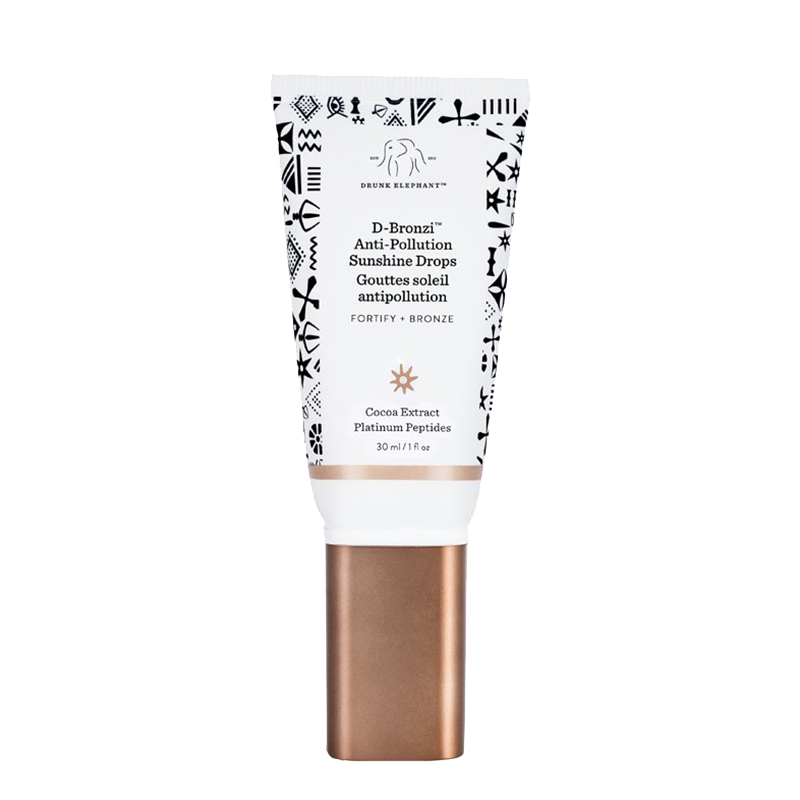
Types: You may already know that the skin naturally forms vitamin D (specifically D3) when exposed to sunlight, although this would also mean exposing yourself to harmful UVB rays. That’s why the more practical sources of this fat-soluble vitamin would be through dietary products like milk, salmon and cereal or via topical creams (D2).
Benefits: Thanks to its antimicrobial properties, vitamin D can help to reduce inflammations and acne caused by bacterial growth. It is also said to promote tissue repair and wound healing, although research on this is limited.
Side effects: Although dietary overconsumption of vitamin D is linked to a condition called hypercaldemia (an over-buildup of calcium in the blood) which causes nausea and vomiting, there isn’t much evidence of side effects from applying the vitamin topically.
Vitamin E
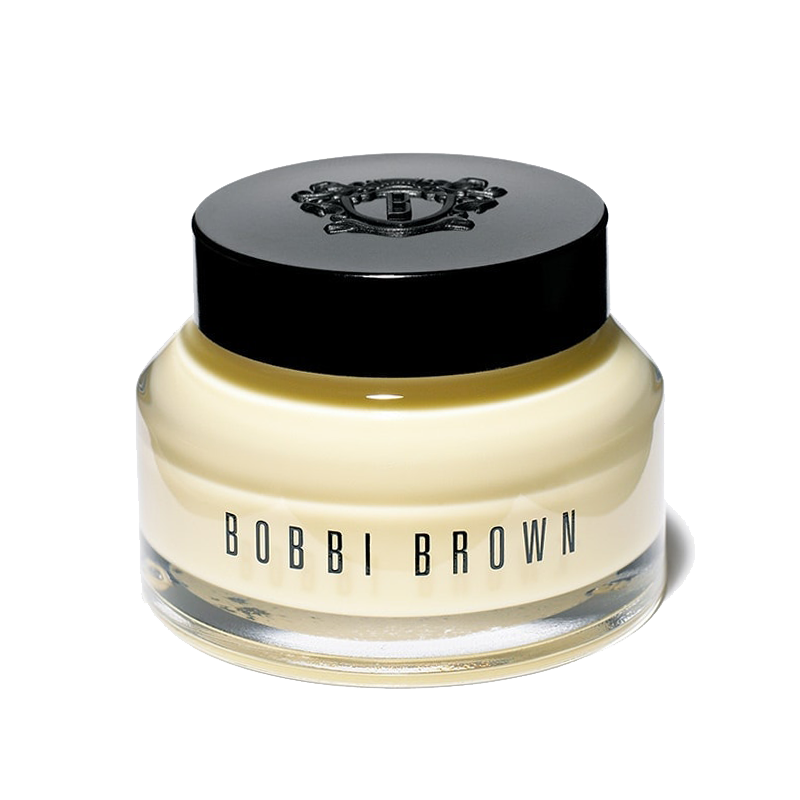
Types: Similar to vitamin C, vitamin E is an antioxidant which functions mainly to protect the skin from sun damage. It is produced naturally in the skin through sebum. The most abundant form of vitamin E is tocopherols, which are usually labelled with a “d” prefix (example: d-alpha-tocopherol) to indicate a natural source such as the skin and vegetable oils; or a “dl” prefix (example: dl-alpha tocopherol acetate) to indicate a synthetic form.
Benefits: Research on vitamin E show anti-inflammatory and wound healing properties, making it ideal for diminishing scars. Other studies have also linked vitamin E to hydrating and water-binding benefits as well as protecting the skin from free radicals. When used in tandem with vitamin C, it is proven to enhance protection against UV damage.
Side effects: Topical application of vitamin E rarely has any side effects, but may cause burning, stinging, redness or irritation if you have hypersensitive skin.
Learn more: Our complete skincare glossary guide to understanding beauty labels
Photos: Respective brands










